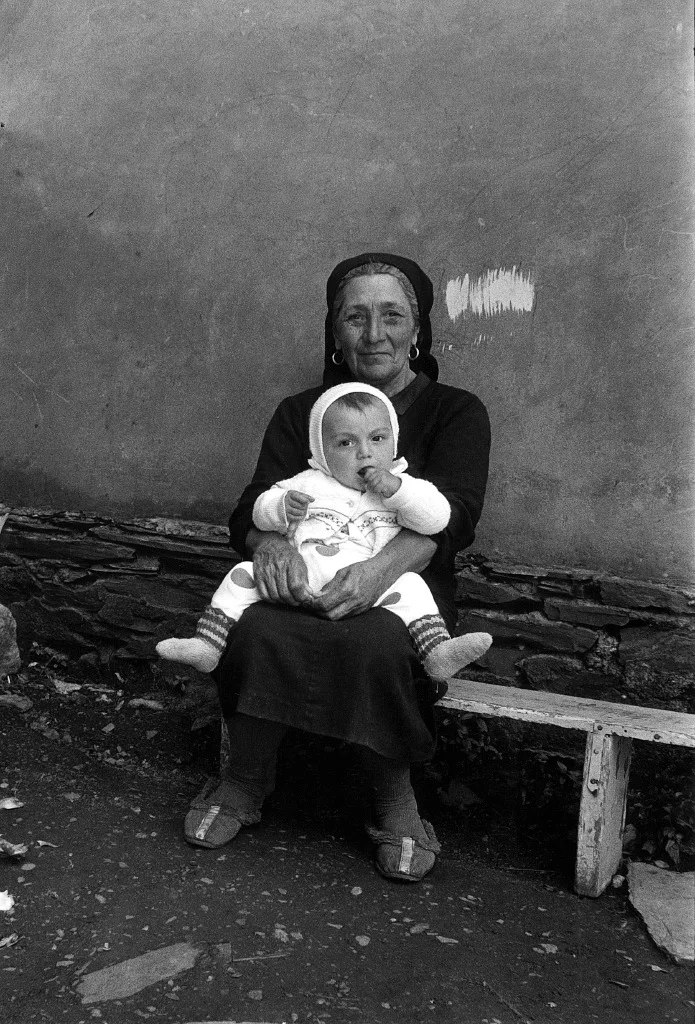




Starting Point
Palliative Care
Solidarity - Responsibility - Ethics
Starting Point
Palliative Care
Solidarity - Responsibility - Ethics
Palliative care is defined as acute care provided in a global approach to a patient with severe, progressive or terminal illness. The aim of palliative care is not only to relieve the physical sufferings and other symptoms, but also to focus on psychological, social and spiritual concerns.
Palliative care and support need a multidisciplinary approach and focus on the patient as a person, on his/her family and relatives, whether at home or in an institution. The training and support of carers and volunteers are part of this approach.
Starting Point.
Every year, in the Ukraine, the access to palliative care affects more than 500,000 people (Human Rights Watch 2011).
Even if the current medical knowledge can efficiently address many of the symptoms presented by the patients, the limitations of the health policy in the Ukraine, the price and unavailability of the appropriate drugs leave nearly all the ailing individuals without any solution.
Palliative care and its specific features are not taught in medical schools. The health system is therefore unable to address the concerns of the patients, who, in their majority, would prefer to stay at home and receive personal home-care. Neither does the system give the option to admit for lengthy stays in hospital patients at the end of their lives.
Even if the first initiatives in this area are starting to emerge, they are generated by the NGOs whose resources are limited; furthermore, the majority of affected people have no access to them. Shut out,
they die without any care at all and are left on their own to face pain and fear.
Offering a person-orientated approach that places the human being at the center of attention and care, building up a model that could be reproduced, training teams, involving the local authorities in this approach, these are ways to make the society more humane for a better future. It also provides future generations with a new model of respect for oneself and for others.

Vision
Vision
Vision.
The vision of the association is to bring together specialized and complementary teams that are deeply convinced that their mission is a must and absolutely essential.
The Council is reduced to the bare minimum in order to facilitate the decision-making and a swifter reaction for involvement. It is supported by a management, which, in the person of Andrej Slavuckij, combines professional competence, knowledge of the field and the Ukrainian culture.
EPIONA can also count on the support of its Supporting Members, genuine breeding ground of expertise, who are, to name but a few:
- Marine Buissonière, Director, Open Society Public Health Program, Open Society Foundations - New York
- Thomas Nierle, physician, President, MSF - Geneva
- Urban Weber, Head of Department - High Impact Asia, Global Fund - Geneva
EPIONA is also looking to bring together and federate the actors involved in areas related to palliative care through a network of expertise exchange in order to develop synergies at the local as well as the international level. To this end, collaboration has been established with the department of palliative care at the CHU (University Hospital) in Nice and the Centre Hospitalier (Hospital) in Troyes (France).
Finally, EPIONA involves its donors in the development of the projects and keeps them regularly informed of the progress made.

Commitment
Commitment
Commitment.
Whereas birth is celebrated, the end of life, on the other hand, is more often than not perceived as a wrong chord of our existence, a lost battle. Be it by resignation, fear, lack of means, of care or even of time, these moments that are so important in a life are very often translated as missed opportunities marked with regrets.
To change the vision and be able to live with dignity these critical moments for the intergenerational transfer of knowledge, for the expression of feelings on either side; to pay due respect to the life of any person involved in such situations, it is essential to relieve the sufferings, to listen, to take the time, to support.
Changing collective thinking in this matter is not a utopian approach. It is the necessary condition for awakening key creative energies that are the basis for the evolution of any society.
Promoting palliative care - beyond the improvement of life conditions for the persons concerned - means giving an ethical dimension to the meaning of life.

Pilot Project
Pilot Project
Pilot Project.
Background
The development of palliative care only started thirty years ago in the Western world, where it is still relatively new. It is practically unknown in the Ukraine. The country has been recognized by the Human Rights Watch as having the most precarious situation in this matter, essentially because of the policy in the fight against drug trafficking, which hinders the availability of medication for the patients.
Location
Kiev area/Urban and rural areas of Ukraine, starting with Dneprovskiy rayon, east side of River Dnepr Region and then contributing to the replication of experience gained throughout Ukraine.
